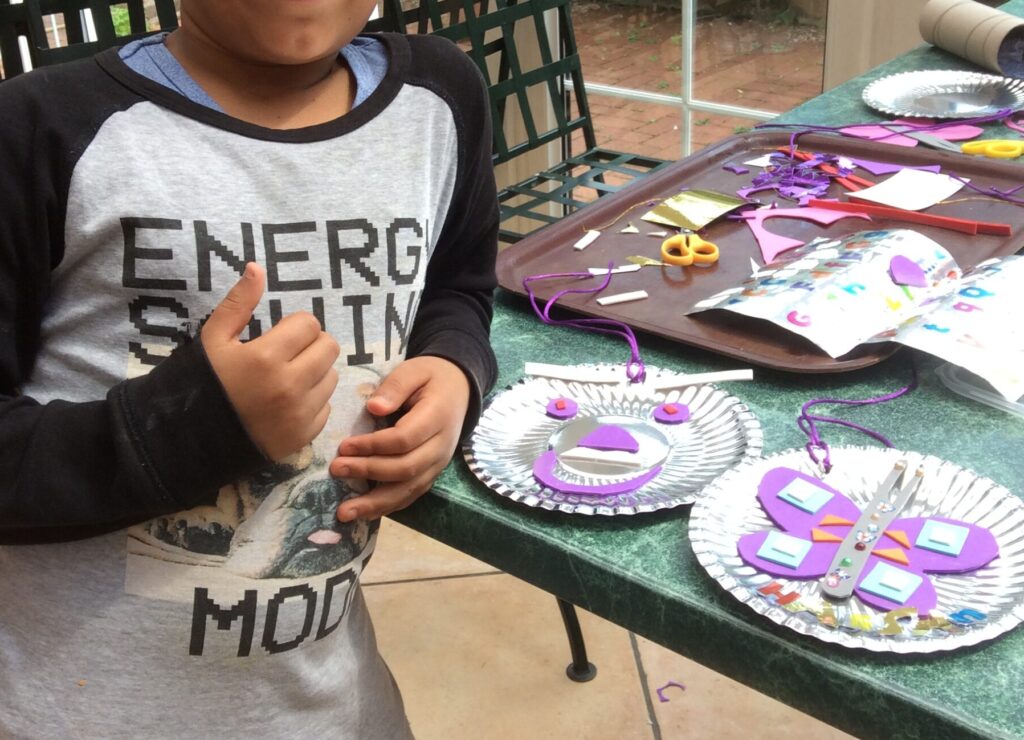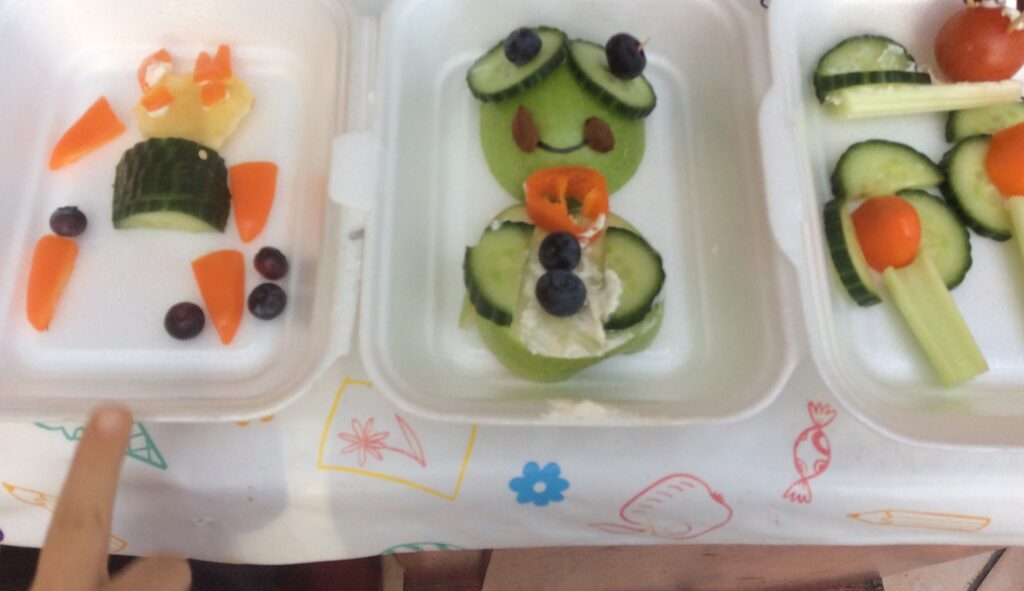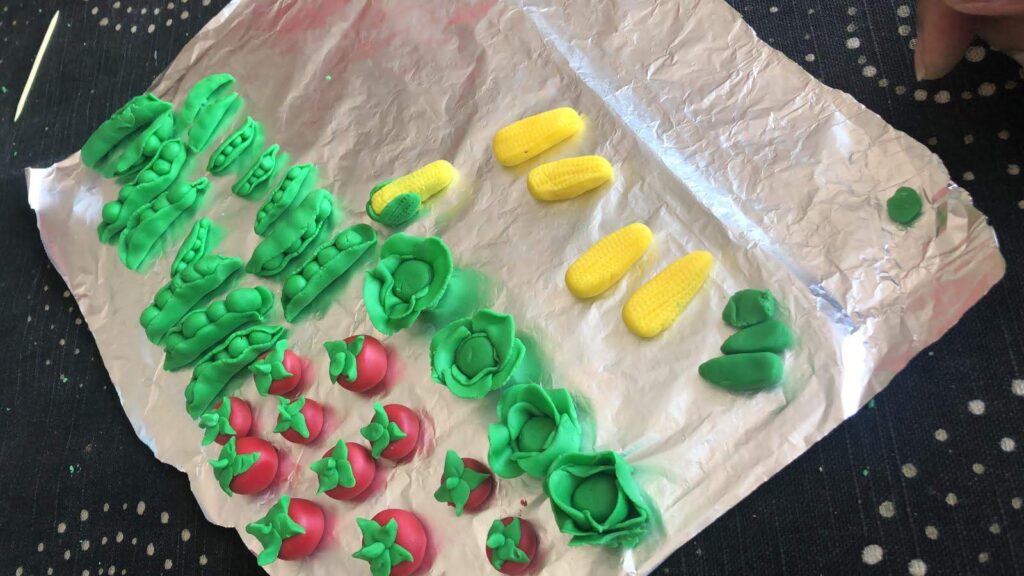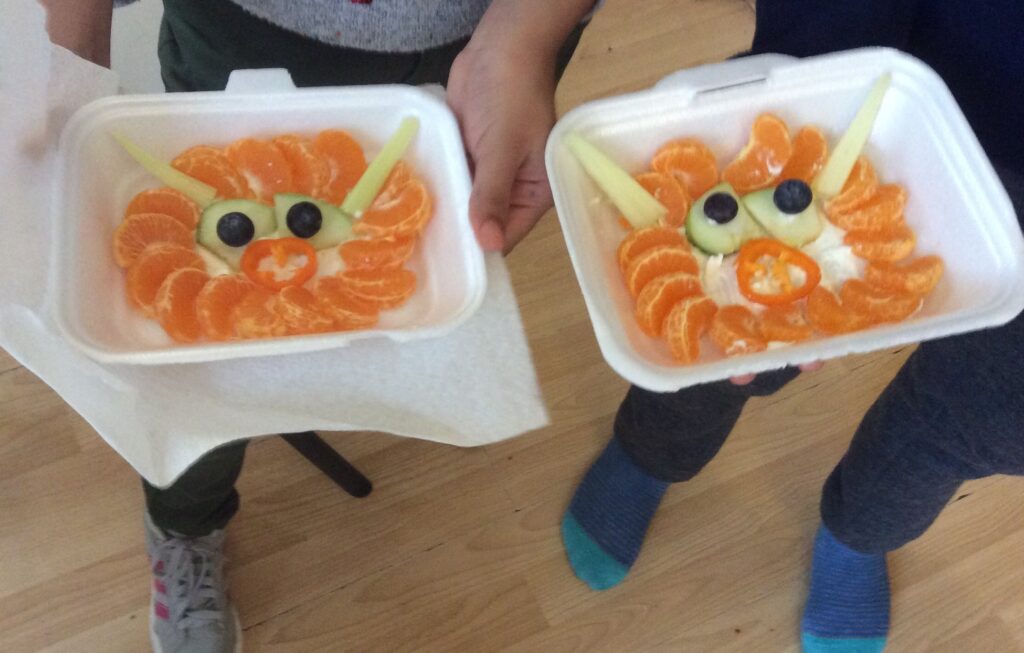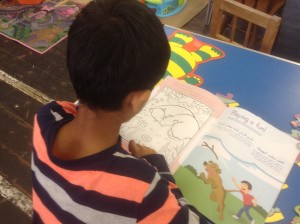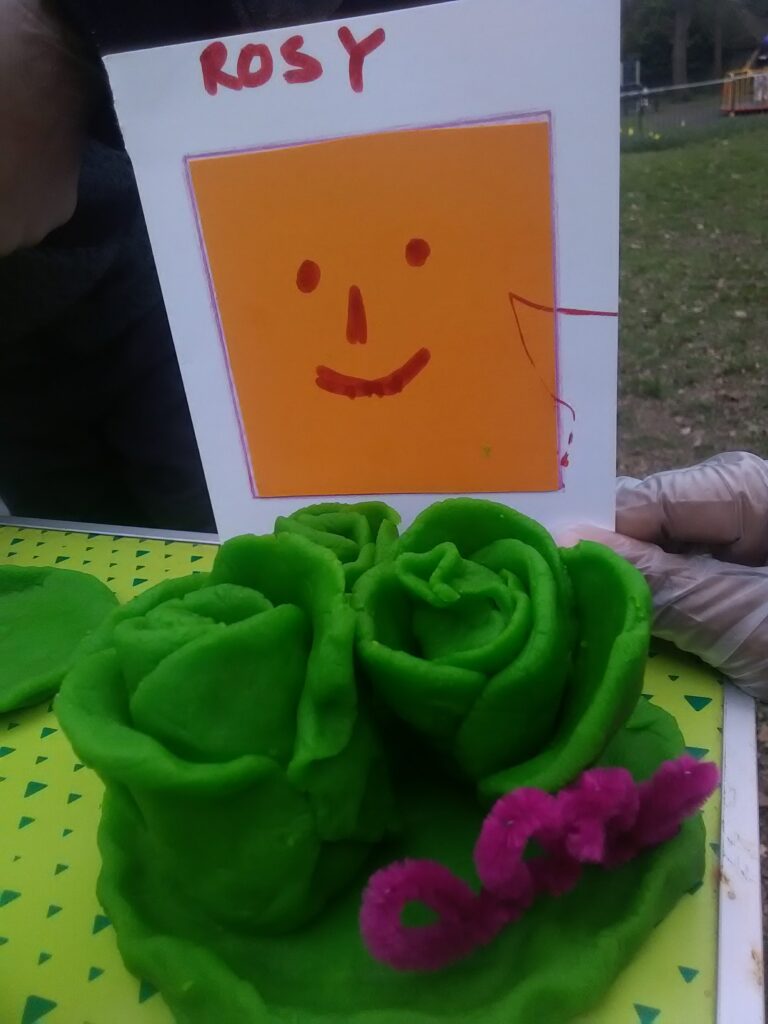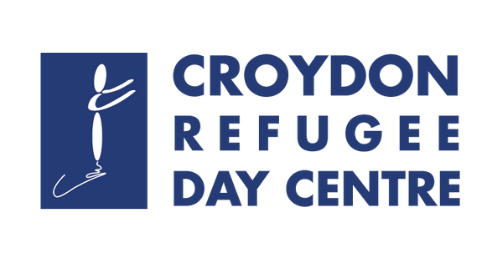Family Education
We run Wednesday Welcome every week of term time from 10 am at Croydon Refugee Day Centre for Newly Arrived people of any age to socialize with refreshements, learn English and join in workshops like art, sewing, and Zumba. There is a creche in the same room for children and under 18s must bring an adult along with them.
Asylum Seeker children aged between 4 and 16 in our Core IA accommodation for more than a month often seek to enroll temporarily in a local school. (This will not make any difference to dispersal location). For more information or help with this or any of the above, please get in touch with Rosie or Linda at admin@croydonrefugeedaycentre.co.uk
Adults learning English & children out of school
There are some great online resources to help you.
BBC bitesize is very popular with all ages and respected by schools. Many UK kids and teens use this to help them with their homework or revision. There are games and activities and links to resources for all ages and all main school subjects.
Khan academy is used by many Secondary School Teachers for homework and extra learning.
The Oak Academy has been used by many schools during the pandemic for pre-recorded lessons for all ages, free to everyone.
Online lessons might be available for girls aged 6 – 20 via the educational charity The Bay Tree Centre based in London. They also offer some free ESOL classes for Refugee women.
The RefuNet matches vetted volunteer teachers with students for one hour a week online tuition.
Applying for a school place for my child
To get started with applying for a school place:
- You need internet and an email account.
- You need to make what is called an ‘in-year admission’ application.
Which class your child enters depends on their date of birth, nothing else.
So even if they are very smart and advanced or have special needs (we call this SEN, Special Educational Needs) they are with their same-age peers. The teachers are used to dealing with a wide range of ability in one class.
Very occasionally a school might agree to ‘mis-year’ a child (put them in the year-below class) in certain very specific circumstances if the parent is very keen with strong reasons, this is by negotiation with the head teacher.
Nursery is for ages 3-4
This is usually a half day in school, either morning or afternoon. There are also private Nurseries not attached to schools. Apply direct to the school or Nursery, not via the Council. Don’t usually need uniform. Eat a snack at school (fruit or vegetable and milk) but not a meal. Children need to not wear nappies and are expected to put their own coat on. Current Nursery children born 1/9/2016 – 31/8/2017
Reception is for ages 4-5
Children are in school but learn mainly through carefully planned play. There are lots of teaching assistants. They are in school all day and the government provides a free lunch for all. They will probably need school uniform and a simple PE kit for sport. Known as ‘Early Years’ education. Apply through the council.
| Infant / Primary School | ||||
| Year 1 | ages 5-6 | Key Stage 1 | free school lunch for all children | |
| Year 2 | ages 6-7 | KS1 | ||
| Junior / Primary school | in Greater London – free school lunch for all | |||
| Year 3 | ages 7-8 | Key Stage 2 | ||
| Year 4 | ages 8-9 | KS2 | ||
| Year 5 | ages 9-10 | KS2 | ||
| Year 6 | ages 10-11 | KS2 | ||
| Secondary / High school | take food / apply for free school meal | |||
| Year 7 | ages 11-12 | Key Stage 3 | ||
| Year 8 | ages 12-13 | KS3 | ||
| Year 9 | ages 13-14 | KS3 | ||
| Year 10 | ages 14-15 | Key Stage 4 | ||
| Year 11 | ages 15-16 | KS4 | ||
| Sixth form or college | ages 16-19 | KS5 |
Applying for free school meal is usually an online form. You need your 9 digit NASS number (on your dispersal letter). Schools like you to apply for free school meals even if you intend to take your own food as they receive some funding from the government for each child registered, called the Pupil Premium Grant. Sometimes councils interpet the rules differently about who is entitled to free school meals, the regulations changed during the pandemic.
The cut-off point to change year groups is August 31 / September 1.
For High School the uniform is usually more formal (and expensive). In some areas there is very fierce competition to get into certain high schools. Sadly these very popular ones will be very unlikely to have any spaces in the right age group for children arriving and applying ‘in-year’. To find out more about a school you can read their “Ofsted” inspection report but this does not always tell the whole story about a school. If your child speaks more than one language they will hoepfullly receive “EAL support” to help them learn English if they need it. (EAL stands for English as an Additional Language. We see being bi- or tri-lingual as a great advantage and it is important for your child to feel proud of their home language as well as working hard to learn English).
